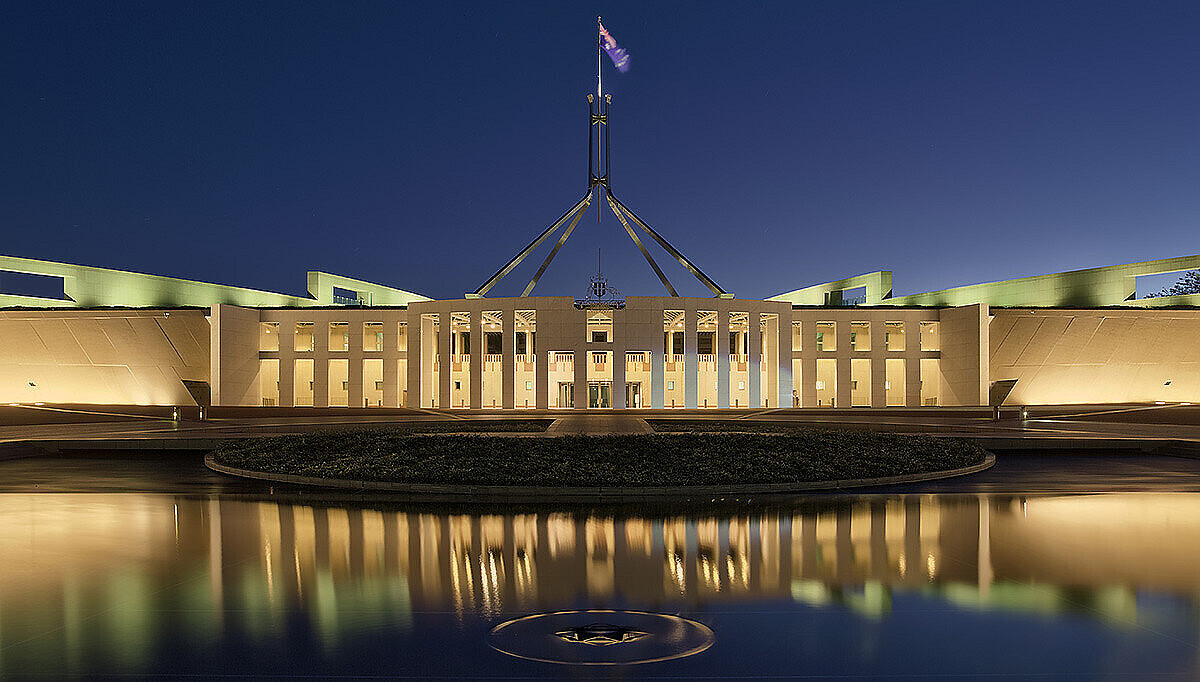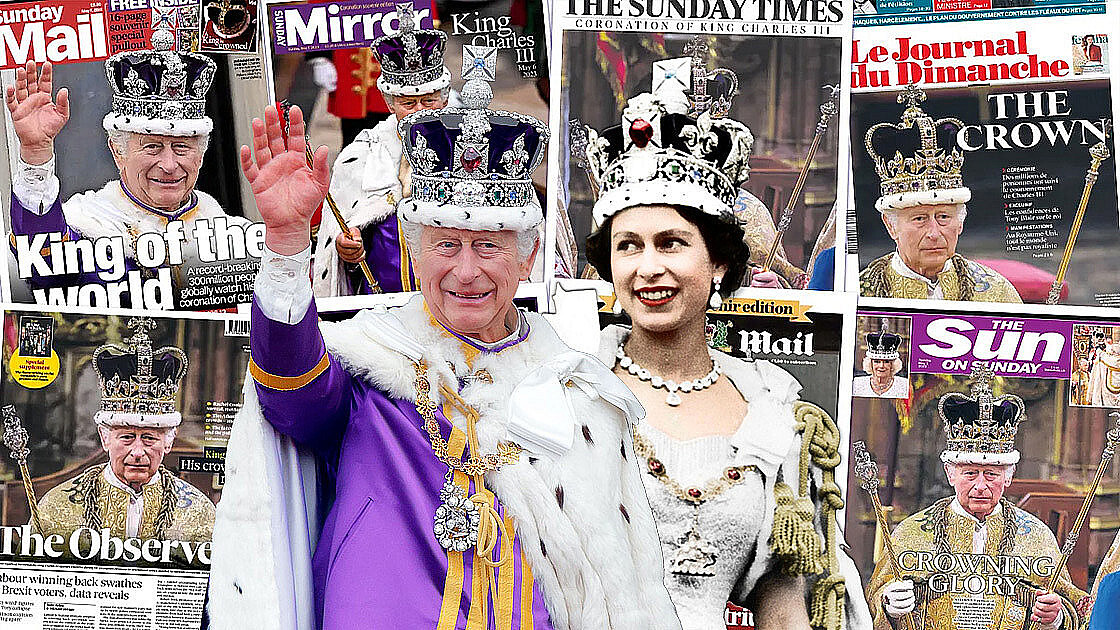Unlike the Parliament, of which the Crown is a constituent part, the Crown is the executive. The cabinet is an informal political body having no formal constitutional status. In the 1999 referendum, this was presented by the republican movement as some sort of constitutional flaw or oversight. It is nothing of the sort. That the cabinet, consisting only of the leaders of the majority, has no executive power is a protection and not a disadvantage. In the Westminster system, as the founders intended it to apply in Australia, its recommendations are subject to an independent audit. The republican critique that this is not mentioned in the federal Constitution demonstrates a refusal or inability to accept that the constitution has a broader meaning, that is as that “assembly of laws, institutions and customs… according to which the community has agreed to be governed.”
While the Crown will normally act on the advice of Her Majesty’s ministers, this does not mean the Crown is a mere automaton or rubber stamp. I shall leave to later those powers, the reserve powers, where the Crown may, at its discretion, act without or even contrary to advise. There are two other aspects of the Crown’s role as the executive which are worthy of mention. The first is that in receiving ministerial advice, the Crown may exercise any or all of the three traditional rights of the sovereign famously identified by Bagehot: the right to be consulted, the right to advise, and the right to warn. From this, Sir William Heseltine has laid down three propositions: that the Queen has the right, and the duty, to express her opinions on government policy to her prime minister, that the sovereign must act on the advice of the ministers and that the communications between them should remain entirely confidential. As those communications are kept confidential, it is of course difficult to ascertain the extent of the influence of the Crown. We do, however, know from the Australian experience of some occasions when vice-regal advice and warnings have improved subordinate legislation, for example, the proclamation of the Royal and National Anthems in 1984. Usually, such instances do not become public.
The second aspect of the role of the Crown as the executive involves an examination of this function as a check and balance on the exercise of power. Accordingly, Sir Guy Greene argues that it is wrong to declare the viceroy a mere rubber stamp, or a “mechanical idiot”. He points out that to say that viceroys should not take a certain action unless they have been advised to do so, is not the equivalent of saying that they must always take that action when they are advised to do so. He writes that a tendency to gloss over the distinction between saying that a viceroy may not act without advice, and saying that a viceroy must always accept advice, has been productive of much confusion in discussions about this issue.
This does not require the viceroy in the council to make a legal determination of the lawfulness of what is proposed as if it were a court. Rather, the council should undertake what can be usefully described as an “auditing” role. What is required is that it be demonstrated, to the satisfaction of the viceroy, that the question of legality has been addressed and satisfactorily answered. He suggests that this could beats be assured if each item on the agenda always includes:
- A clear statement of precisely what it is that the viceroy is being asked to do.
- A reference to the source of the power to take that action.
- Particulars of any conditions which need to be satisfied before that power can be exercised.
- Explicit assertions by a Minister stating how those conditions have been satisfied.
Should any one of these requirements not be satisfied, the consequence would be that the viceroy could not be satisfied with the legality or propriety of the proposed action and would have a duty to postpone the item or even refuse to accept the advice. He adds that a viceroy should not refuse to accept advice unless the proposed action was clearly unlawful or there had been a failure by a minister or the executive council to provide information about an aspect of the advice which was crucial to the determination of whether it was unlawful.




